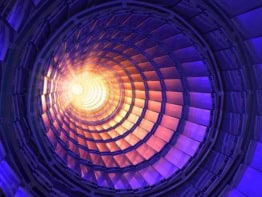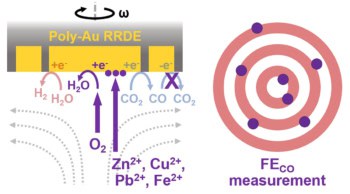The future of nuclear power has returned to centre stage

Freezing weather on both sides of the Atlantic and last month’s climate-change talks in Montreal have helped to put energy and the future of nuclear power right back on the political agenda. The issue is particularly pressing for those countries where existing nuclear stations are reaching the end of their lives.
In the UK, prime minister Tony Blair has commissioned a review of energy, with a view to deciding later this year whether to build new nuclear power plants. The review comes just four years after the Labour government published a White Paper on energy that said the country should keep the nuclear option open but did not follow this up with any concrete action. In Germany, new chancellor and former physicist Angela Merkel is a fan of nuclear energy and had said she would extend the lifetime of its nuclear plants beyond 2020, when they are due to close. However, that commitment has had to be abandoned, at least for the time being, following negotiations with her left-wing coalition partners.
The arguments in favour of nuclear power will be familiar to all physicists – it emits almost no carbon dioxide and can play a vital role in maintaining a diverse energy supply. To over-rely on imported supplies of oil and gas can leave a nation hostage to fortune. The arguments against are equally easy to list – the public is scared of nuclear power, it generates dangerous waste with potentially huge clean-up costs, and it is not necessarily cheap. Nuclear plants could also be a target for terrorist attacks.
Given political will, many of these problems can be resolved, or at least tackled. China certainly sees the benefits of nuclear power, as does Finland, which is building a new 1600 MW station – the world’s most powerful – that is set to open in 2009. Physicists, of course, are essential to such developments. They play a vital role in ensuring the safety of such plants and developing new types of nuclear reactor that are safer and cleaner than some of the dinosaurs of the 1960s. Reducing energy consumption and making more use of renewable sources of energy can only go so far. New nuclear stations are good for everyone, and for physicists in particular.



